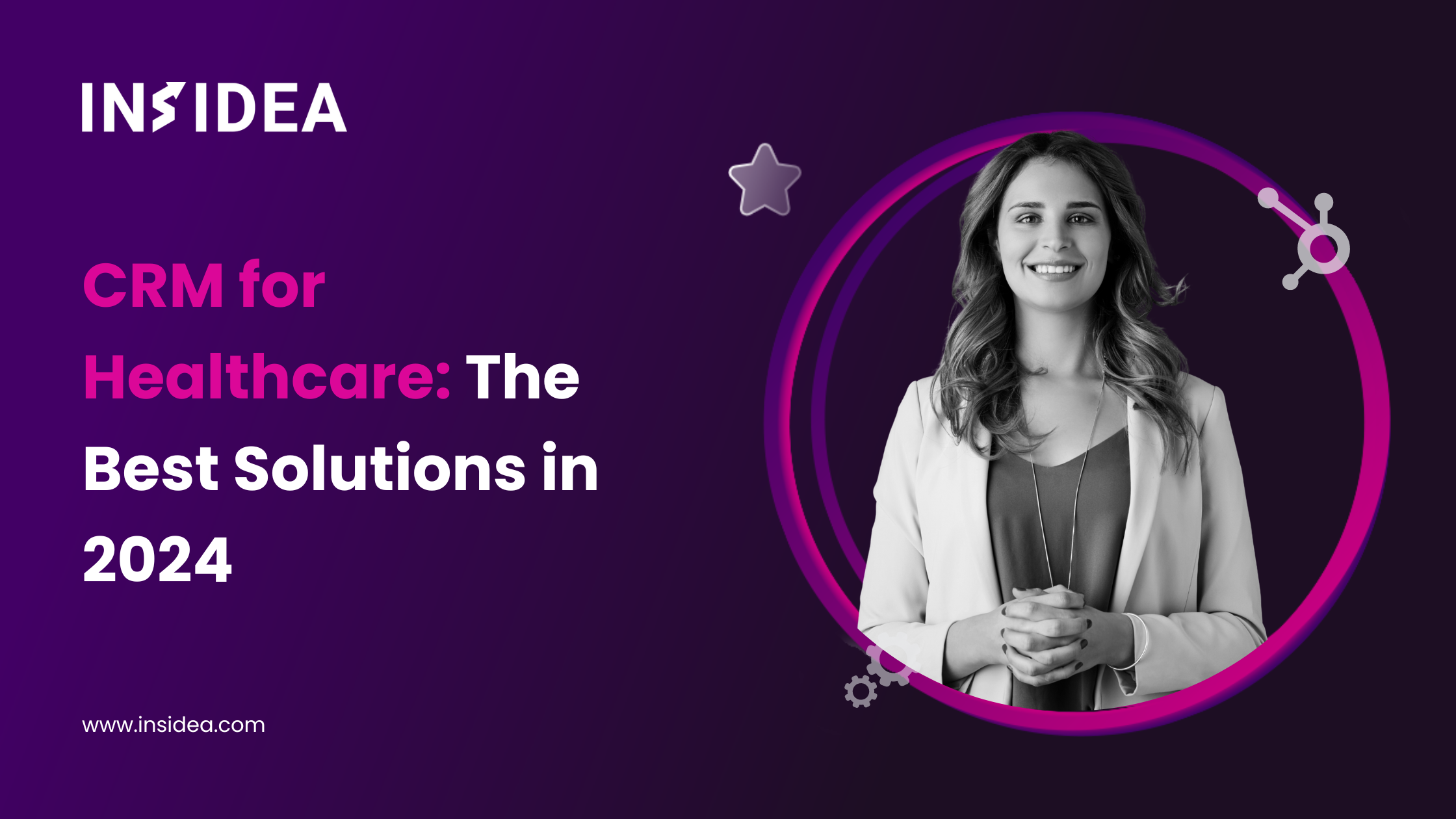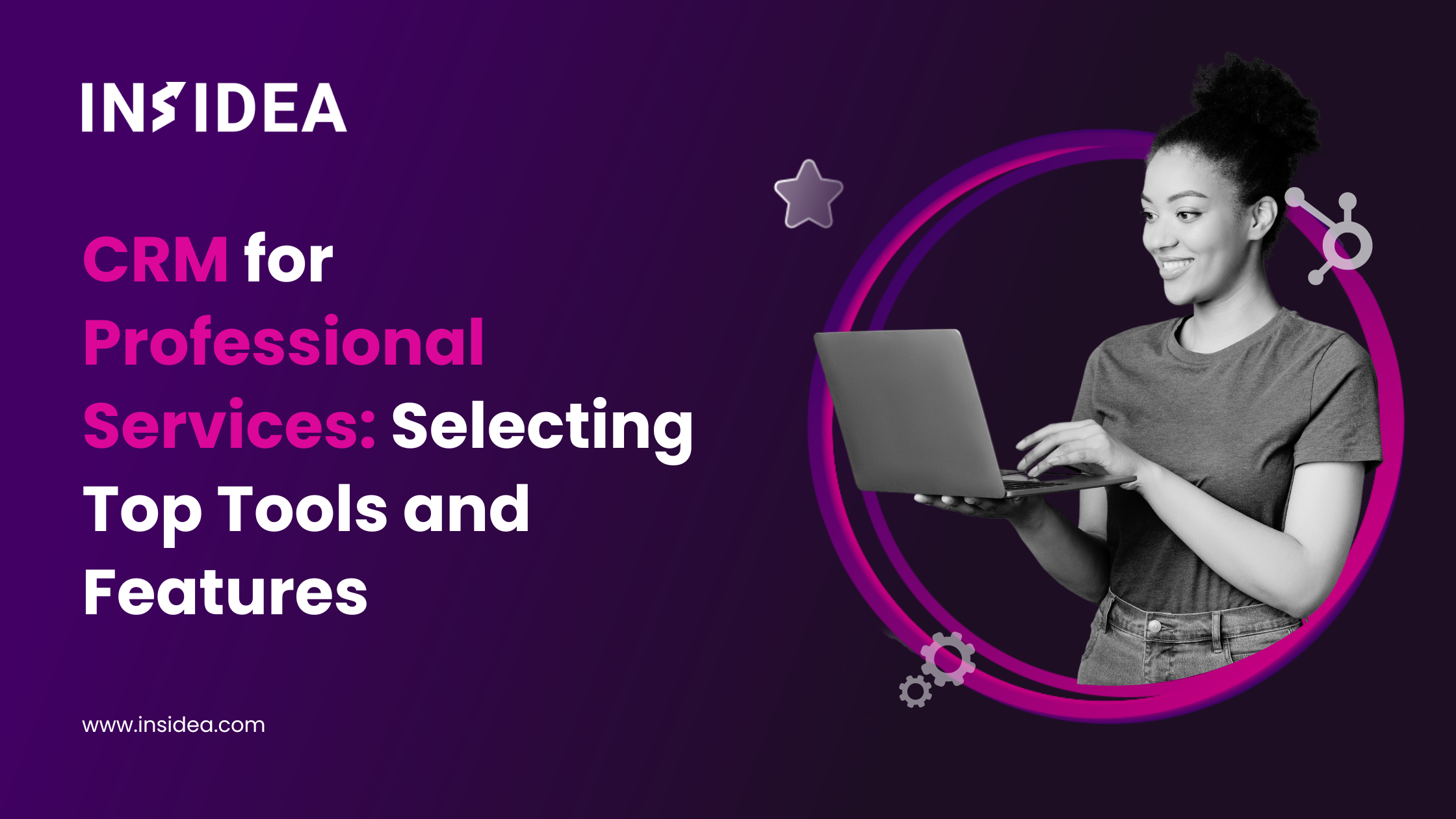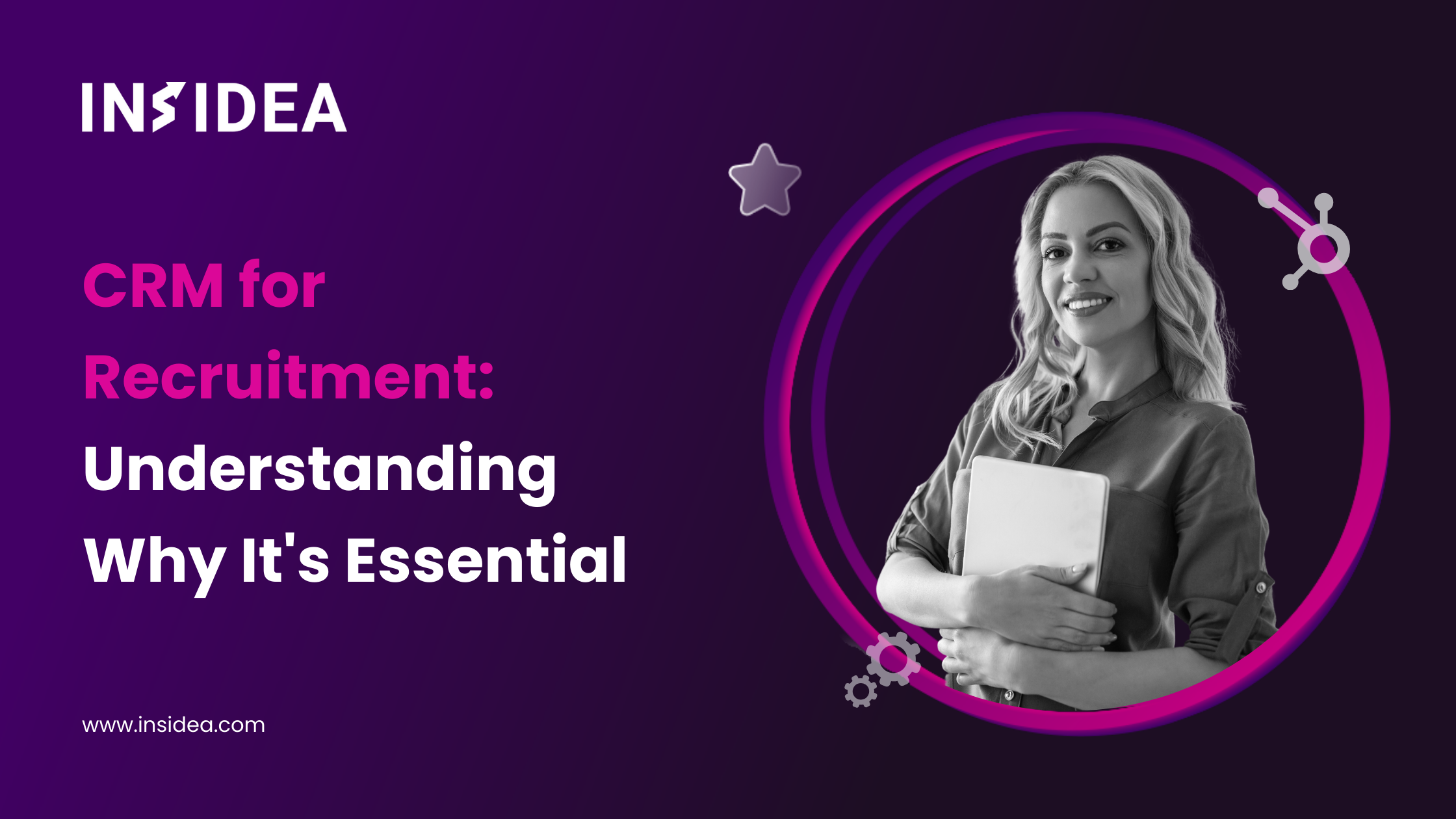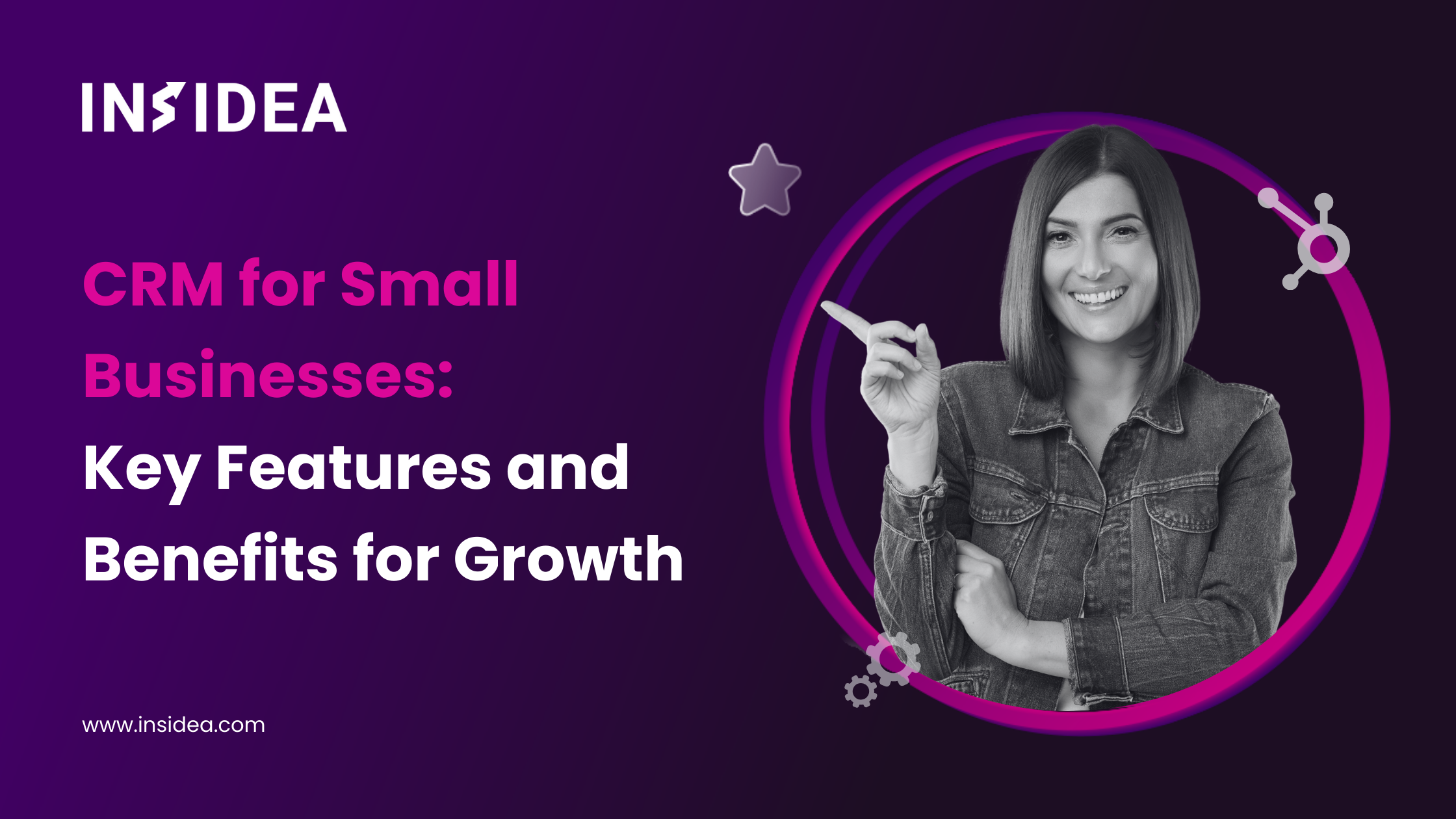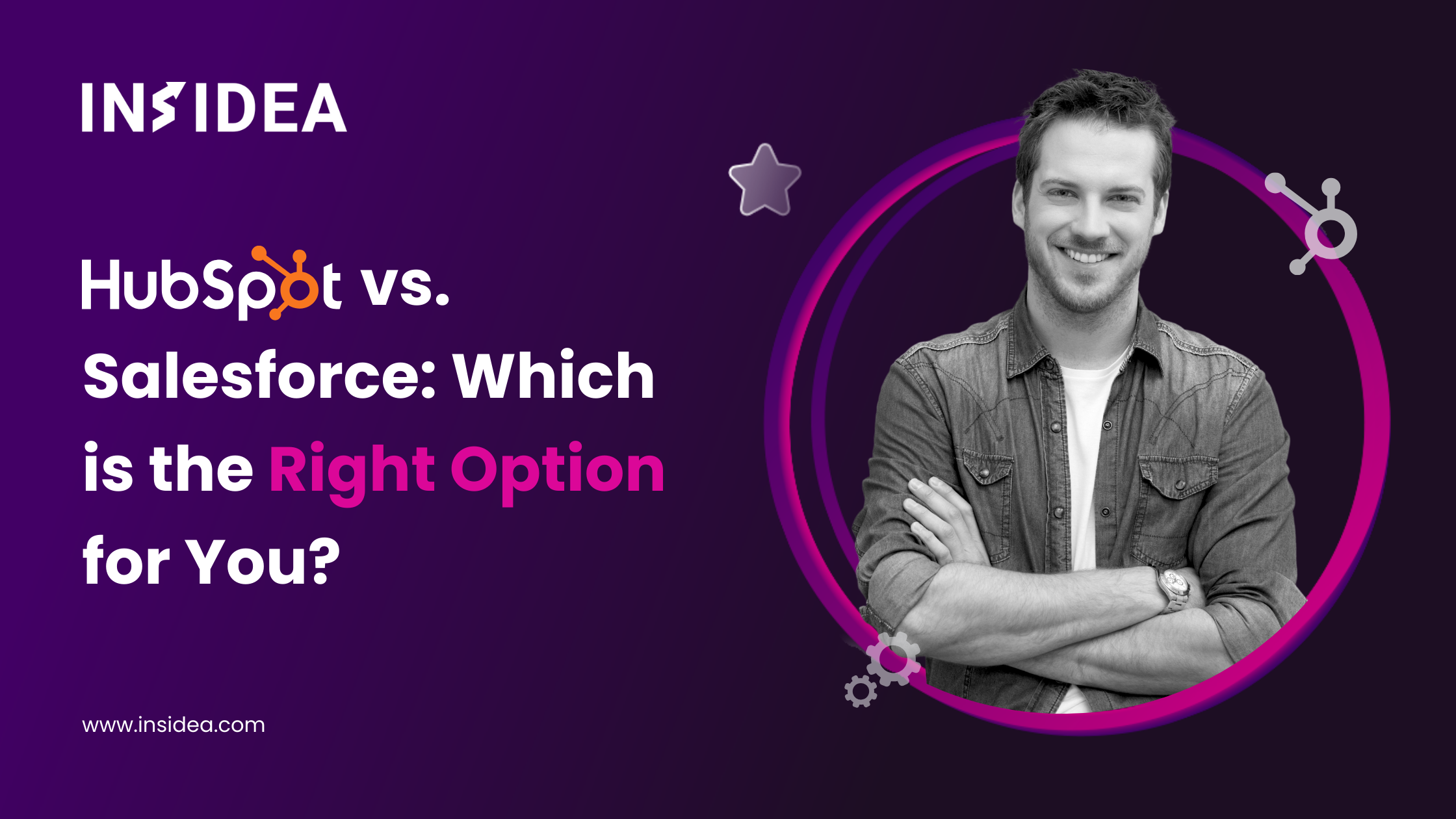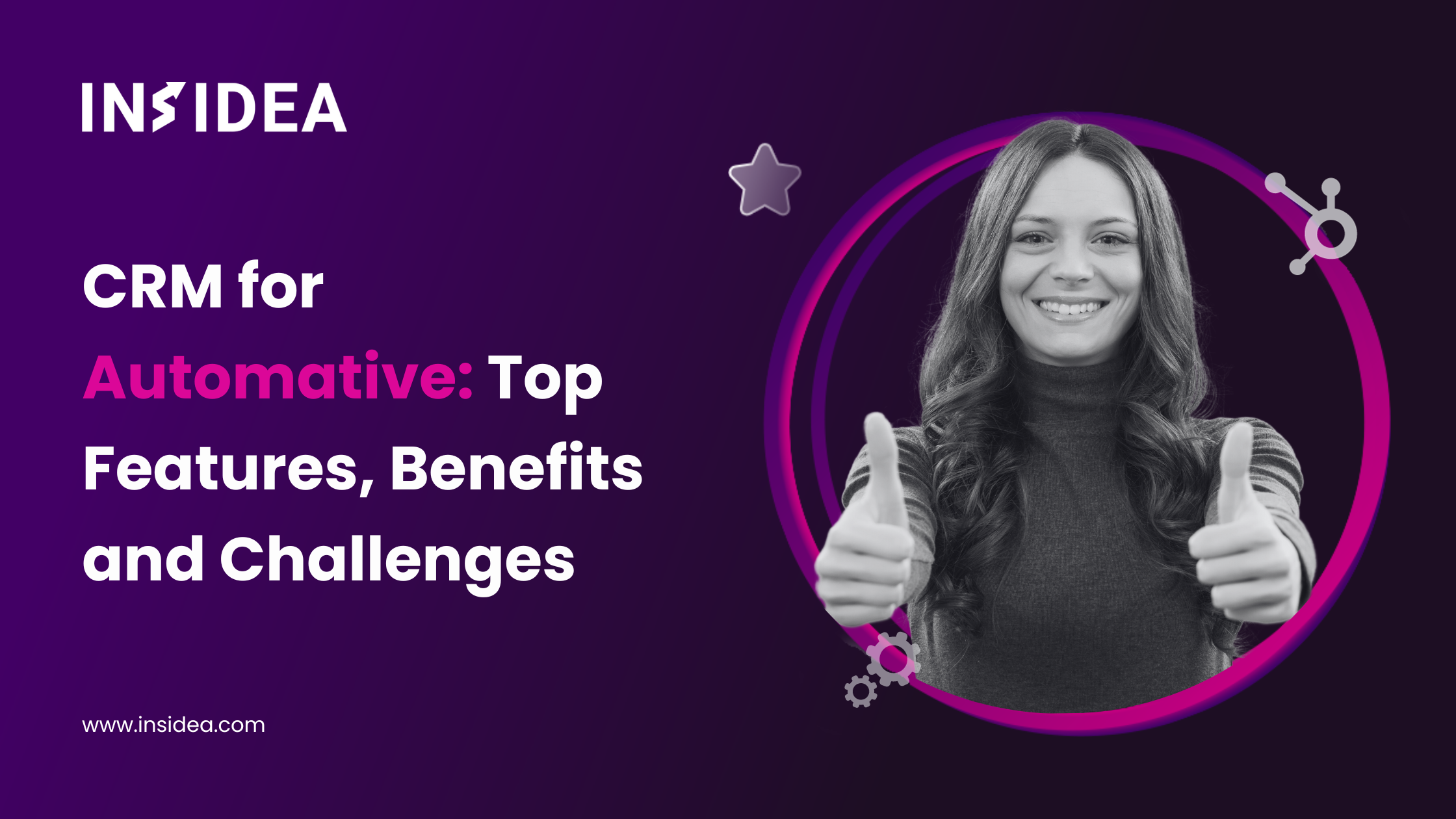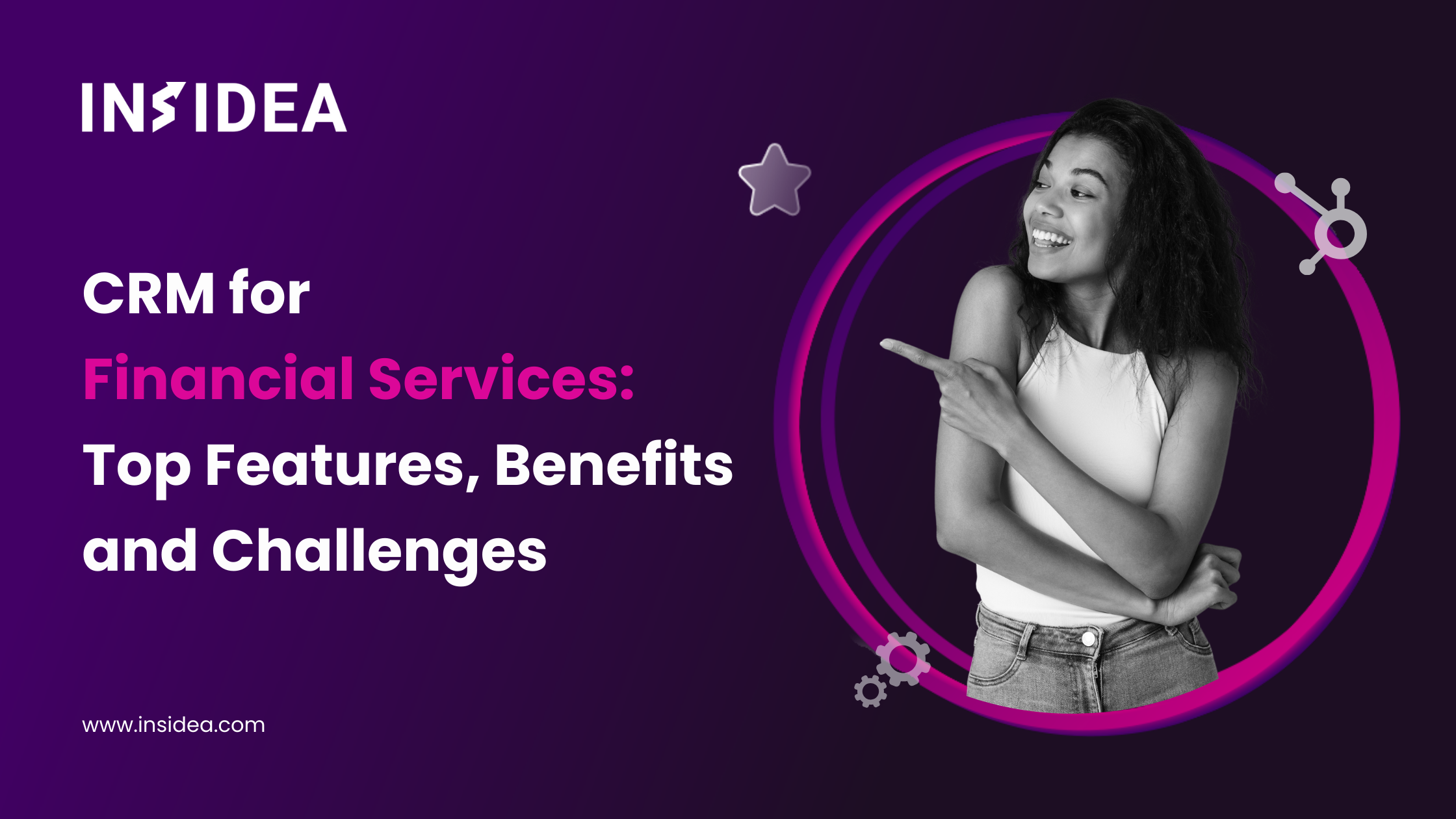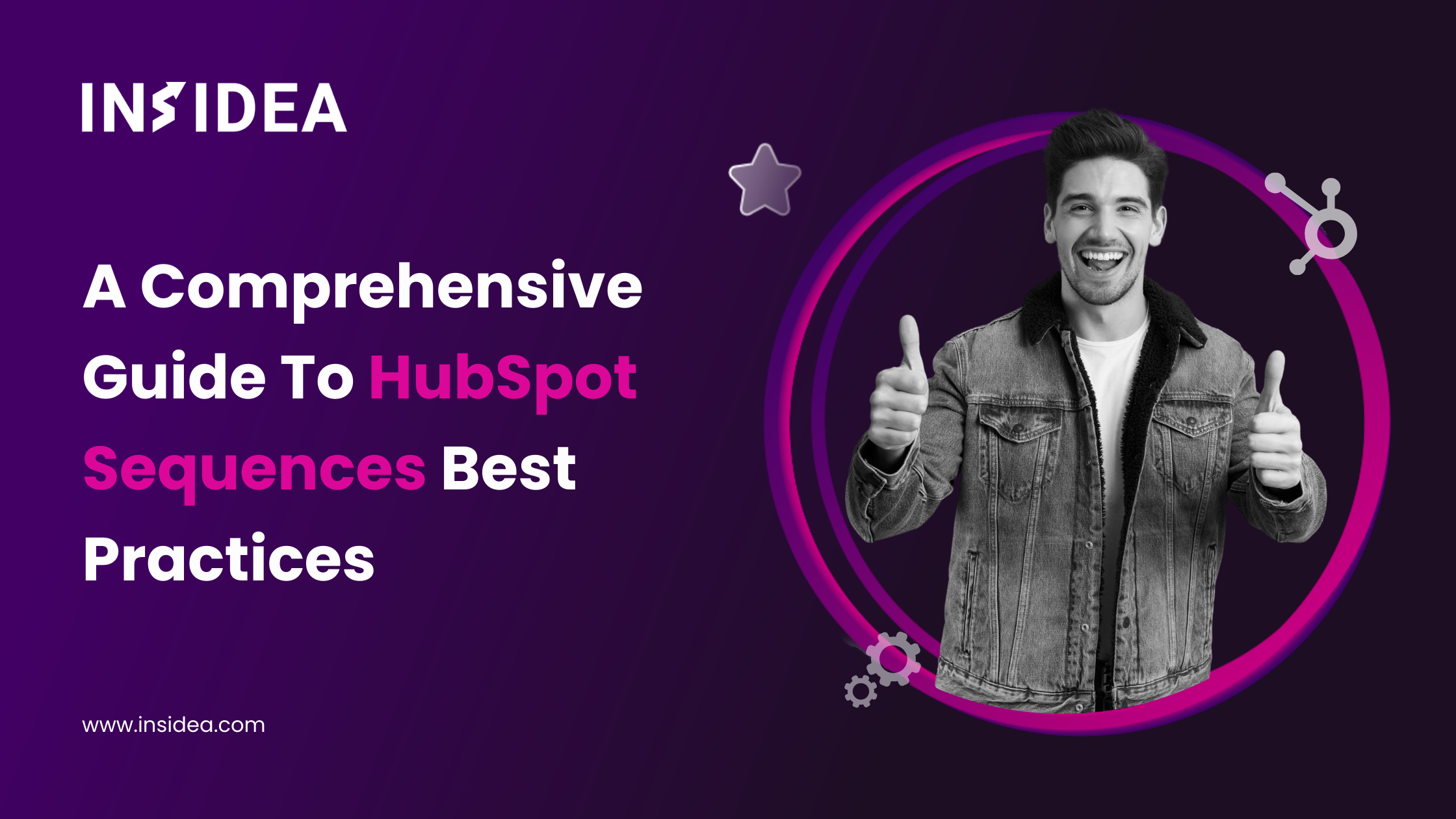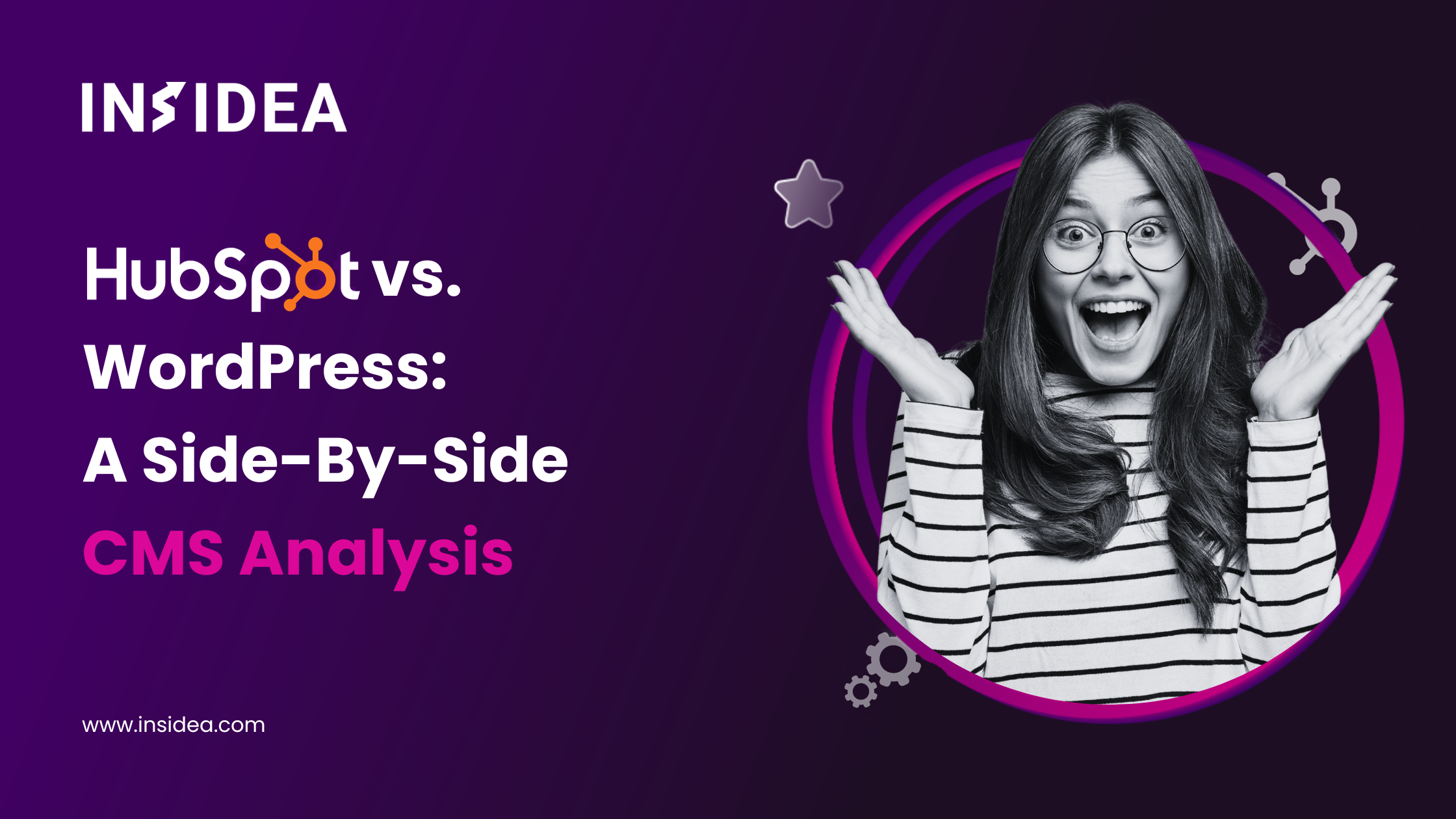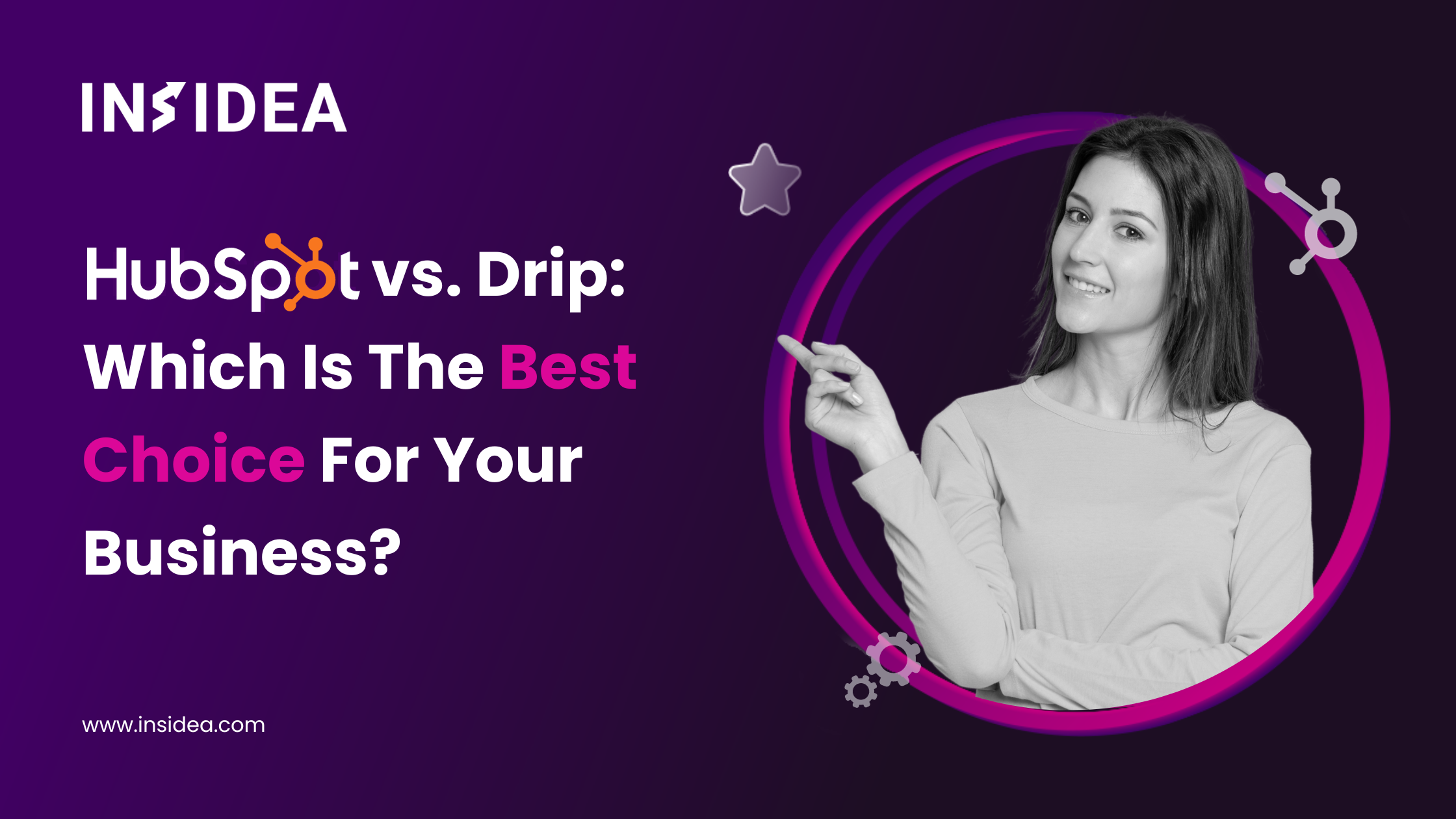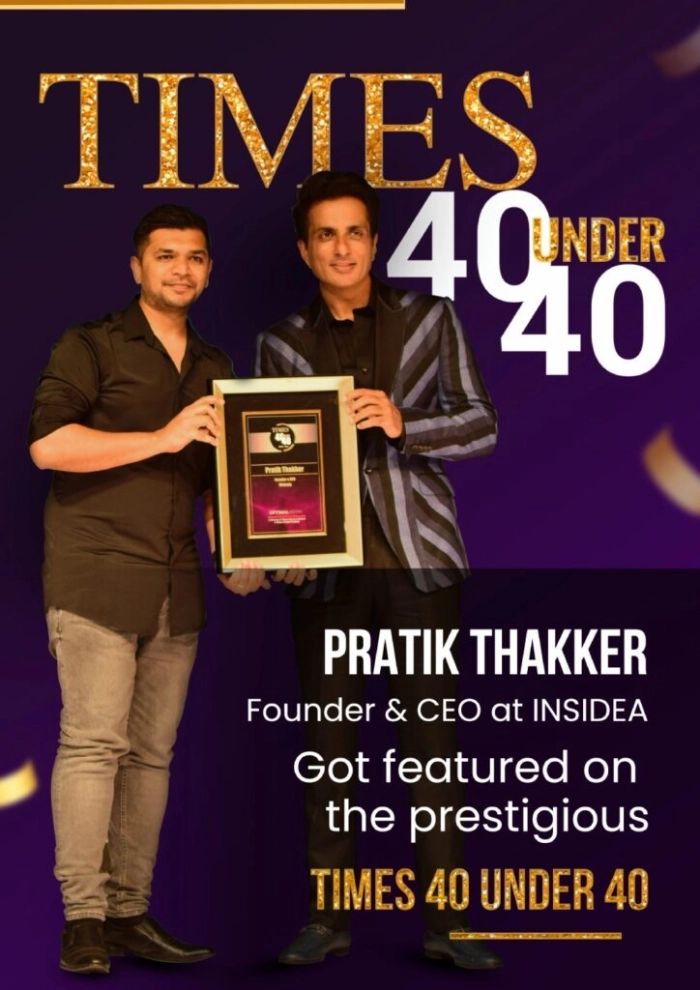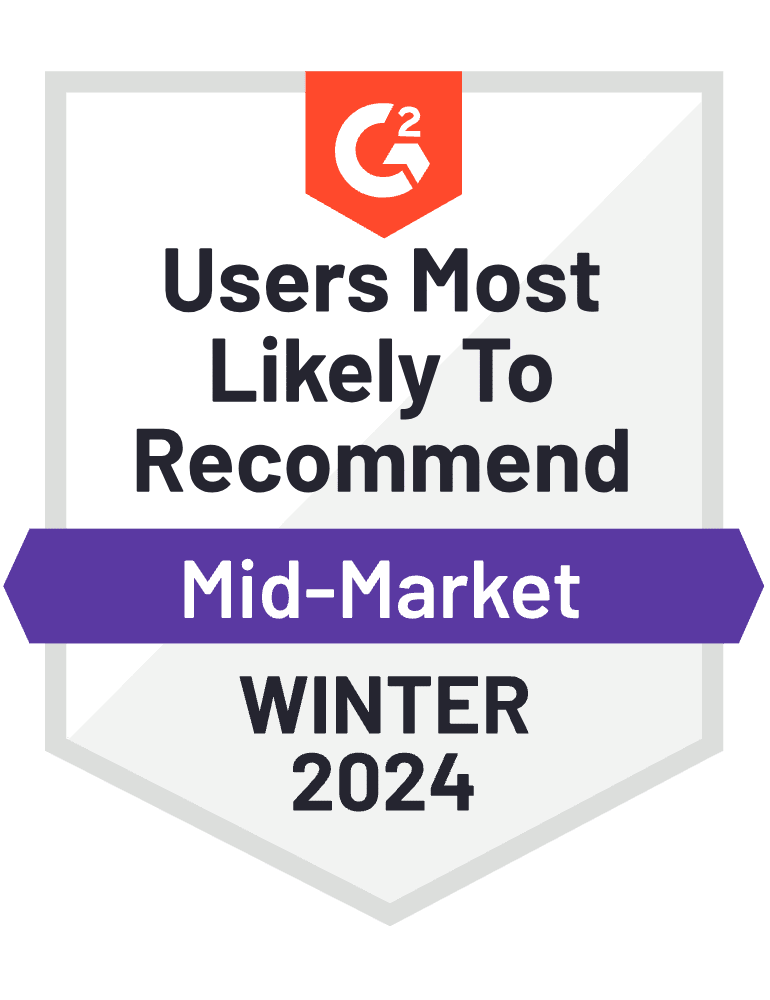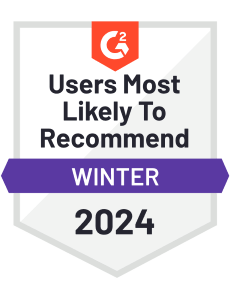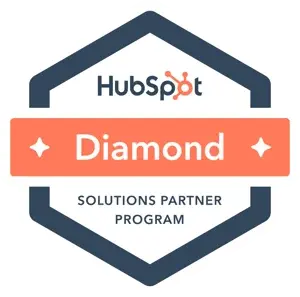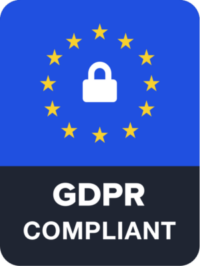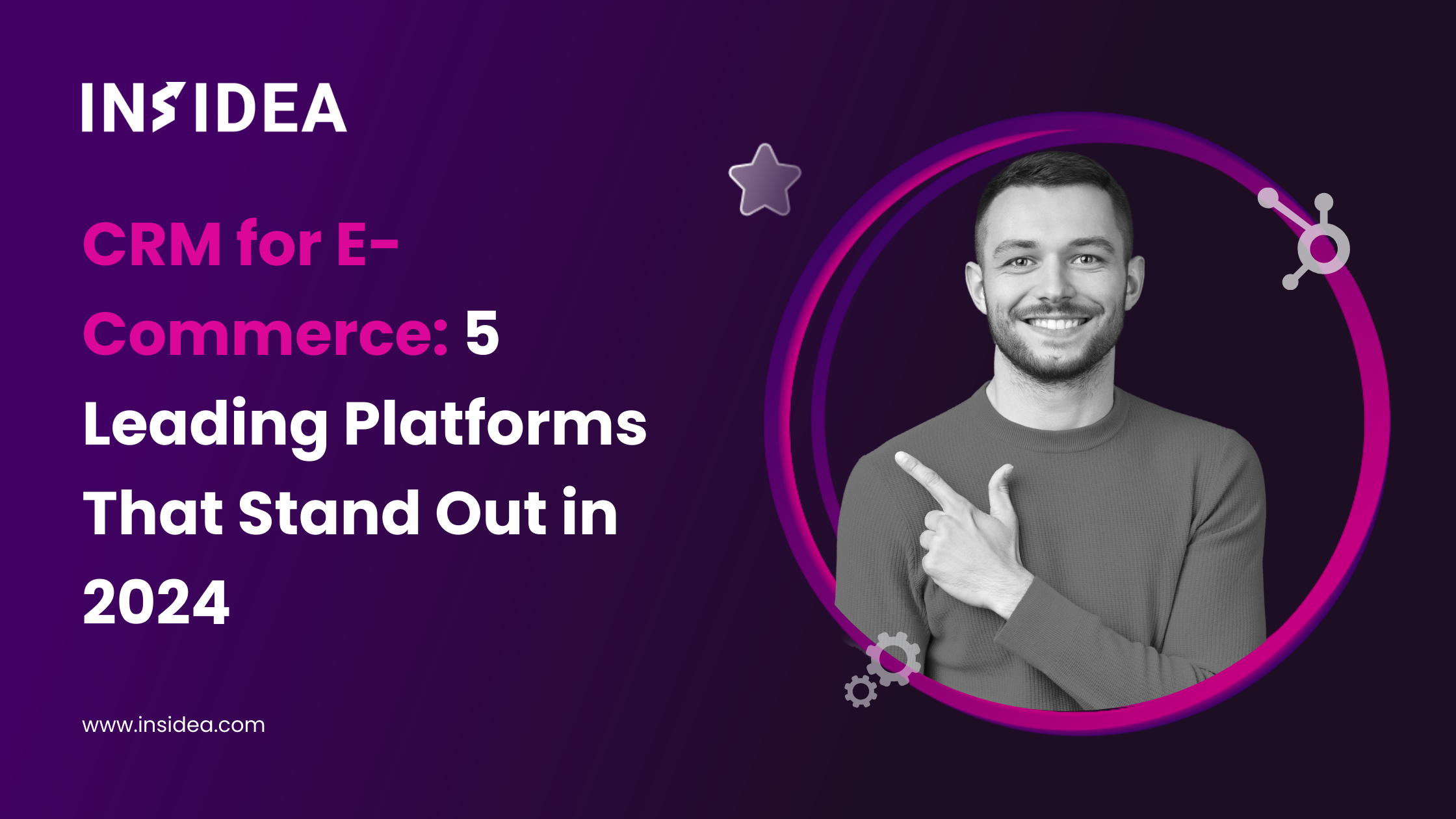
CRM for E-Commerce: 5 Leading Platforms That Stand Out in 2024
In the dynamic world of e-commerce, staying ahead of the competition is not just an option—it’s a necessity. As you embark on your retail journey, understanding and implementing an effective customer relationship management (CRM) system becomes paramount. But what exactly is a CRM for e-commerce, and how does it revolutionize your online business? Through this insightful blog, you will discover how a well-tailored CRM for e-commerce can transform your customer interactions, enhance retention strategies, and ultimately lead your business towards unprecedented growth. Highlighting the top 5 CRM solutions in the market, including a detailed look at HubSpot’s unparalleled offerings, this blog serves as your comprehensive guide to mastering e-commerce with the right CRM strategies. What is a CRM for E-Commerce? A CRM for e-commerce refers to customer relationship management tools and practices specifically tailored for online retail businesses. While the core principles of CRM remain consistent across industries—managing and analyzing customer interactions to improve relationships and drive sales—e-commerce has unique needs and challenges that require specialized CRM features. Here’s what a CRM for e-commerce typically entails: 1. Data Collection E-commerce CRMs can automatically gather and store data from every customer interaction on the online store. This includes purchase history, browsing


